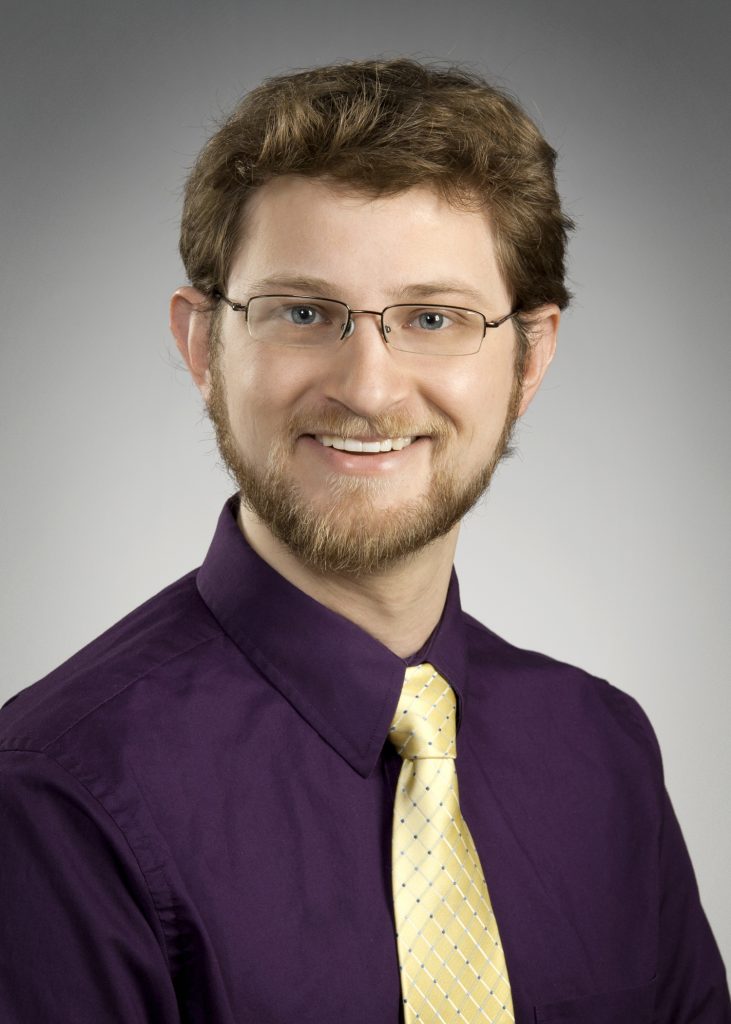July 2020 Champion!
Dr. Andrew Lewandowski, MD
Pediatrician in Madison WI
 Dr. Andrew Lewandowski’s approach to medicine emphasizes seeing the body as a whole and helping it to heal itself; so does his approach to the climate crisis.
Dr. Andrew Lewandowski’s approach to medicine emphasizes seeing the body as a whole and helping it to heal itself; so does his approach to the climate crisis.
“The more you read, the more you realize how interconnected everything is,” says Lewandowski, a doctor of osteopathic medicine who practices in Madison, Wisconsin.
If you couldn’t tell right away from the quote whether “interconnected” referred to medicine or climate – that’s the point. Dr. Lewandowski sees value in recognizing the complexity of a problem and the importance of a multifaceted approach to solving it.
For Dr. Lewandowski, that approach includes his civic work, work with other healthcare providers, and clinical interactions as a pediatrician.
Among some of Dr. Lewandowski’s civic activities, he is a Healthy Communities Strong Economy subcommittee member of the Wisconsin Governor’s Task Force on Climate Change, responsible for making recommendations to decarbonize Wisconsin by 2050 while making the Wisconsin economy stronger and its citizens healthier. In this capacity, he is a voice for climate justice by advocating for solutions that are equitable and by bringing people and voices from marginalized communities to the policy-making tables. He notes that communities of color and children are disproportionately harmed by climate change and that they are also more likely to be disproportionately harmed by climate solutions if those groups are not present at the policy-making table.
Dr. Lewandowski is also active in Wisconsin Health Professionals for Climate Action (affiliated with the Consortium), co-leading its education committee. The panel focuses on teaching all people that the global climate crisis is a public health emergency. Some of Wisconsin’s issues expected this summer can include toxin-mediated illness from heat-related algae blooms, worsening outcomes for those with chronic conditions due to worsening air quality, tick-borne disease, and extreme weather-related harms to people and infrastructure.
Lastly, Dr. Lewandowski makes certain to include time for climate impacts on health as he talks with his parents and patients. When conducting his social history, he asks what people are doing to decrease their carbon footprint. He notes that climate change has a pernicious effect on young people, whose developing bodies are predisposed to climate-related health risks, and their longitudinal exposure to a worsening climate places them at a higher risk compared to adults. “Any way you can decrease your climate footprint, you are helping your children’s health,” he says.
